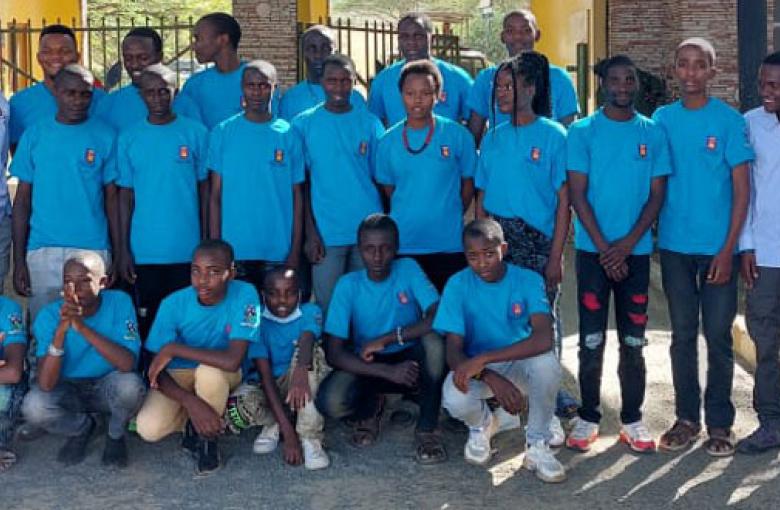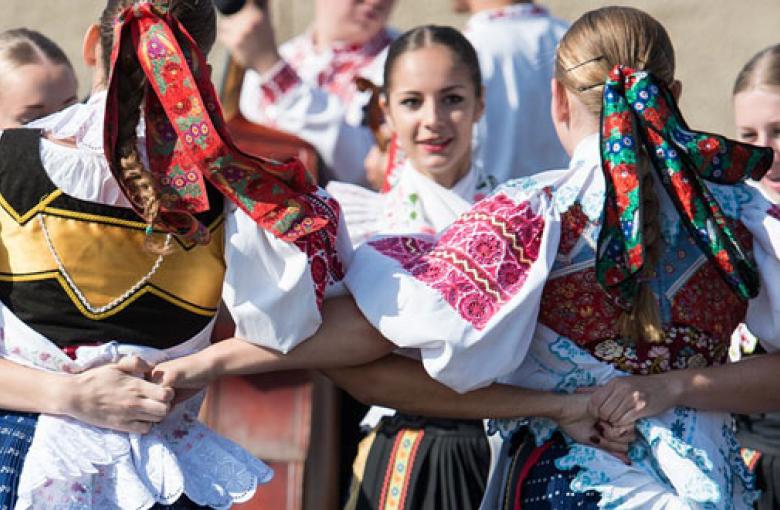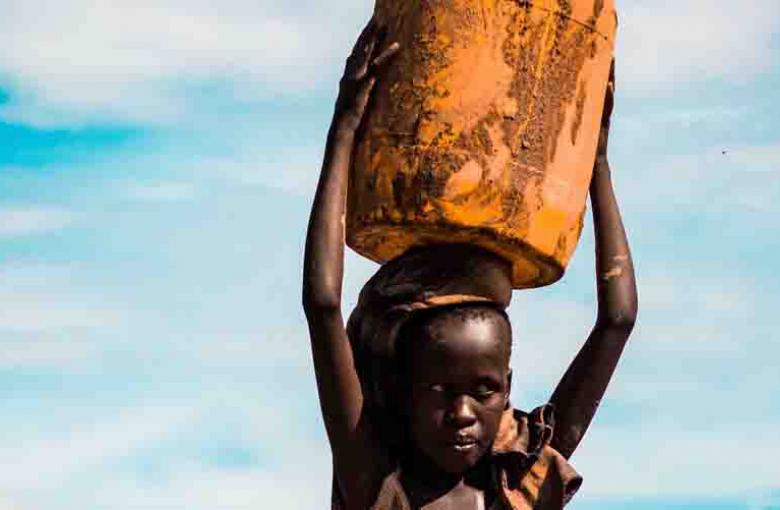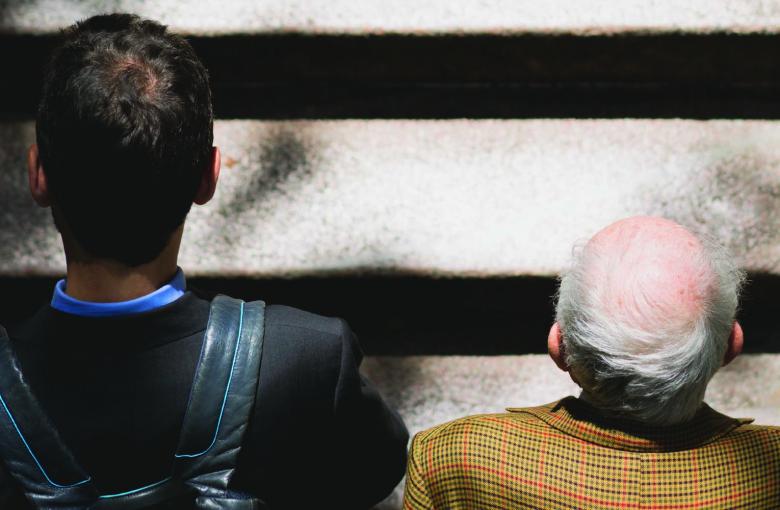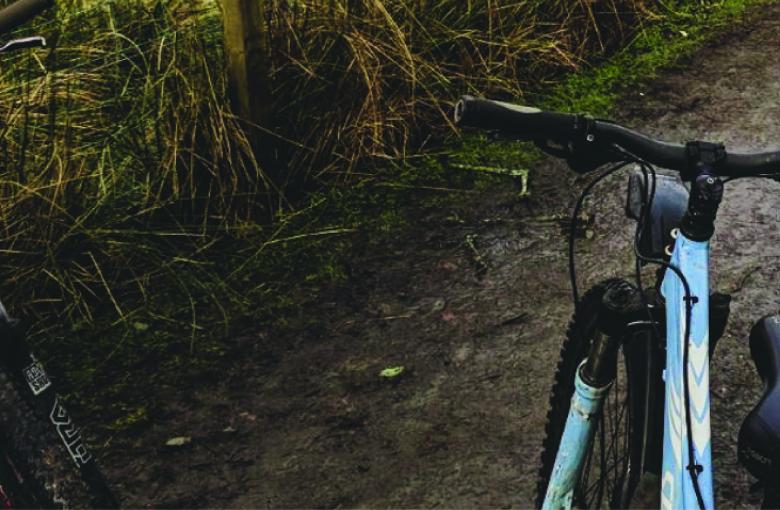I was born in Shrewsbury and raised in the somewhat odd border town of Oswestry, where I think it is fair to say I retain some rather fond memories of my early years. In my primary school years I, of course, had not developed any real identity or serious interests that would define who I was.
As a 75-year-old, I’ve learnt that it is unwise to make assumptions about how one’s life is going to pan out. Now looking back, I can say that as youthful libido wains, and by the transforming power of the Holy Spirit, one’s same-sex attraction can sublimate into something useful. For me this has been an introduction to the practice of ‘father care’, free of sexual content, but fuelled by spare emotional capital.
Allow me to tell you my story:
The Coronavirus pandemic was my introduction to TFT and the Women of Light group, and I have enjoyed wonderful fellowship across borders, at the online conferences, as well as support on the Facebook page.
There is a Danish philosopher, Søren Kierkegaard, who is known for this quote: “Life is lived forwards, but understood backwards.” I start with that quote because I was recently diagnosed with Asperger’s Syndrome, which now helps quite a few things in my life make sense.
Donald tells us of his experience of looking for marriage and embracing singleness.
Hannah tells us how God has used her experience of same-sex attraction to bring her closer to Him and the body of believers
To tell you my story, I should really go back to the 1970s. I grew up in rural East Anglia. My family were Quakers and so, from my birth, they took me along to the local Friends Meeting House. The one thing I most remember was being interminably bored!
In a well-functioning church married people should have a stake in the lives of singles and singles in the lives of the married. No two parents can be all things to their children – and there can be great benefit from a trusted other who is external and objective.
I could see that people were different at church compared to primary school. My church friends were true, loyal and kind. However, school friends liked you one week and not the next, or a fellow classmate would call you names if you beat them in PE.
It seems that we are currently ‘living through history’. I realise that, in one sense, we are always ‘living through history’, but this feels like one of those periods that people will refer to in the years to come; one of those ‘big’ events where not only individuals but the whole world has been affected.


